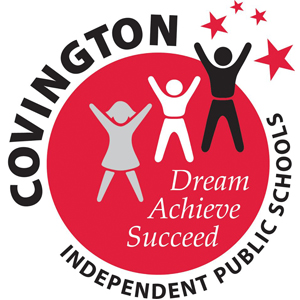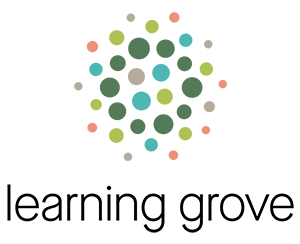Kentucky Humanities, in cooperation with the National Endowment for the Humanities, will bring an award-winning family literacy program to Lincoln Elementary School February 27th.
Prime Time Family Reading Time will meet at 6 p.m. on Thursdays from February 27 to April 2, at Lincoln Elementary School, 701 5th Avenue, Dayton. The program is free and includes meals, door prizes, and educational childcare for younger siblings.
Prime Time Family Reading Time helps families bond around the act of reading and talking about books. In each of six weekly sessions, a discussion leader and storyteller lead programs that demonstrate effective reading techniques.
The books introduced to children ages 6 to 10 and their parents explore timeless issues of humanity – fairness, greed, courage, individuality, trickery and determination – while helping them understand the dynamics of making life choices.
The program is free and includes meals, door prizes, and educational childcare for younger siblings.
The storyteller is Amanda Berringer, and Jonathan Cullick is the Prime Time scholar.
According to the National Center for Family Literacy:
•Adults stay enrolled in family literacy programs longer than in most adult-only programs, and their attendance is higher.
•Children participating in family literacy programs made gains at least three times greater than would have been expected based on their pre-enrollment rate of development.
•Adults significantly improve their self-confidence, their confidence in parenting abilities, and their employment status (by 29 percent).
•Children showed an 80 percent increase in reading books. They also made twice as many trips to the library.
Prime Time Family Reading Time statistics support these national findings:
•99.7 percent retention rate.
•Changing the way parents talk with their children. Seventy-four percent of parents reported that Prime Time enhanced discussion with reading, fostering more reading or a better quality of reading time, or led to better interactions with their children.
According to the most recent Census:
•18 percent of Kentucky’s population age 25 and older do not have a high school diploma.
•17 percent of Kentucky’s population with young children have a household income of less than $15,000.
•10 percent of these Kentucky families have no car; 5 percent have no telephone.
•Most of these families have no books.
Prime Time Family Reading Time has won awards from the Public Library Association and the President’s Committee on the Arts and Humanities. The Louisiana Endowment for the Humanities created the program in 1995.
Its studies showed that children who went through Prime Time increased their reading time by 80 percent and doubled their trips to the library.
The program also benefited their parents, who improved their parenting skills and, in 29 percent of the cases studied, their employment status.
Kentucky Humanities is a non-profit Kentucky corporation affiliated with the National Endowment for the Humanities.
For information about Kentucky Humanities’ programs and services, visit kyhumanities.org.
According to the National Center for Family Literacy:
•Adults stay enrolled in family literacy programs longer than in most adult-only programs, and their attendance is higher.
•Children participating in family literacy programs made gains at least three times greater than would have been expected based on their pre-enrollment rate of development.
•Adults significantly improve their self-confidence, their confidence in parenting abilities, and their employment status (by 29 percent).
•Children showed an 80 percent increase in reading books. They also made twice as many trips to the library.
Prime Time’s statistics support these national findings:
•99.7 percent retention rate.
•Changing the way parents talk with their children. Seventy-four percent of parents reported that Prime Time enhanced discussion with reading, fostering more reading or a better quality of reading time, or led to better interactions with their children.
According to the most recent Census:
•18 percent of Kentucky’s population age 25 and older do not have a high school diploma.
•17 percent of Kentucky’s population with young children have a household income of less than $15,000.
•10 percent of these Kentucky families have no car; 5 percent have no telephone.
•Most of these families have no books.
Kentucky Humanities Executive Director Bill Goodman believes Prime Time is among the most important programs Kentucky Humanities brings to the Commonwealth.
“We want to do anything we can to promote literacy and share the love of reading with young people throughout Kentucky,” Goodman said. “Prime Time Family Reading Time brings families together through books and gets them talking to each other in ways they never have before. Bringing Prime Time to libraries and schools throughout Kentucky is a joy and a privilege.”






















